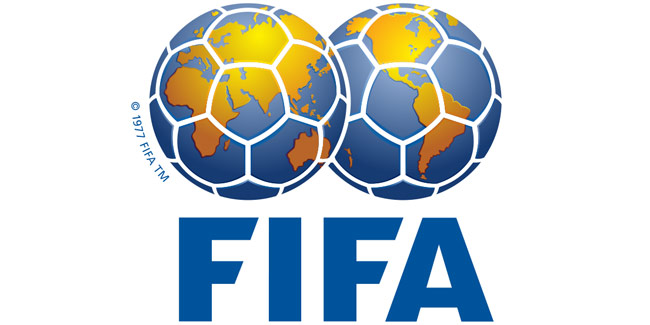FIFA imposes recruitment ban on seven Tunisian clubs

FIFA has imposed a transfer ban on seven Tunisian football clubs due to unresolved disputes, preventing them from signing new players during the current winter transfer window.
The international football governing body revealed that a total of 14 cases are at the heart of the sanctions.
The affected clubs include CS Chebba and EGS Gafsa, each with four unresolved disputes.
Club Sportif Sfaxien faces two cases, while Stade Tunisien, ES Métlaoui, Club Athlétique Bizertin, and AS Soliman are each dealing with one case.
Clubs impacted by the ban
The breakdown of the disputes highlights the scale of the administrative and financial challenges facing these clubs:
- CS Chebba: 4 disputes
- EGS Gafsa: 4 disputes
- Club Sportif Sfaxien: 2 disputes
- Stade Tunisien: 1 dispute
- ES Métlaoui: 1 dispute
- Club Athlétique Bizertin: 1 dispute
- AS Soliman: 1 dispute
Until these cases are resolved to FIFA’s satisfaction, the clubs remain barred from registering new players.
A blow to competitive aspirations
The recruitment freeze comes at a crucial juncture in the season, with many clubs seeking reinforcements to strengthen their squads.
For teams like CS Chebba and EGS Gafsa, the inability to sign players could have significant repercussions on their performance in domestic competitions.
FIFA’s sanctions underscore the importance of resolving disputes promptly, as the penalties not only hinder club operations but also affect player morale and fan support.
Resolution pathways
The banned clubs must address the issues underlying these disputes—typically involving unpaid salaries, transfer disagreements, or contract violations—before FIFA will lift the restrictions.
Resolving such cases often requires financial settlements or arbitration rulings, which can take time depending on the complexity of the issues.
For Tunisian football, the bans highlight broader structural and financial challenges that need addressing to ensure the sustainability of its clubs.
As the affected teams work to navigate this challenging period, the sanctions serve as a reminder of FIFA’s strict stance on compliance with football governance and contractual obligations.












